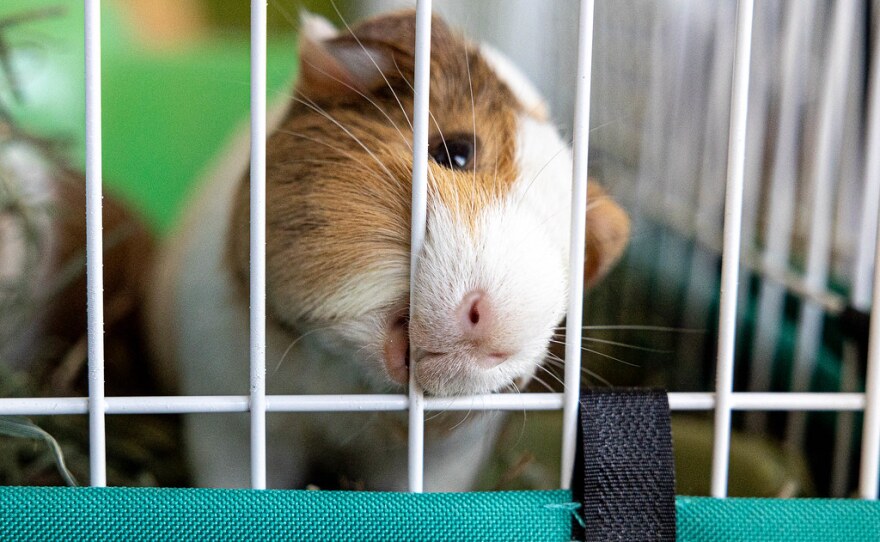Hamsters are popular pets due to their cuddly and adorable nature. They are small, furry creatures that are easy to care for and are known for their playful and curious personalities. However, just like any other pet, hamsters require proper grooming and hygiene to keep them healthy and happy.

The following are some essential grooming and hygiene practices that hamster owners should keep in mind:
Brushing: Regular brushing of your hamster’s fur is essential to keep it clean and prevent matting. Some hamster breeds have longer fur, such as the Syrian Hamster, and require daily brushing, while others, such as the Roborovski Hamster, have shorter fur and may not require as much grooming. Use a soft-bristled brush, like a toothbrush or a small pet brush, and gently run it over your hamster’s fur to remove any loose hair or debris.
Bathing: Generally, hamsters don’t require frequent baths, as they clean themselves by grooming. However, if your hamster gets particularly dirty, you can give them a water bath. Fill a shallow dish with lukewarm water and let your hamster soak in it for a few minutes. Be sure to support them with your hand as they may panic and try to escape. After the bath, gently towel-dry your hamster, being careful not to rub them too hard and cause injury.
Nail trimming: Hamsters’ nails can grow quite long, and if left unchecked, may cause injury to themselves or their cage mates. Trim your hamster’s nails every two to three weeks using a small pair of nail clippers or scissors. Be careful to avoid cutting the quick, which is the pink part of the nail that contains blood vessels and nerves. If you accidentally cut the quick, apply a bit of styptic powder to stop the bleeding.
Teeth care: Hamsters have continuously growing teeth that, if not worn down properly, can lead to dental problems. Provide your hamster with plenty of chew toys, such as wooden blocks or mineral chews, to help keep their teeth healthy. In the event of overgrown teeth, your veterinarian can trim them down for you.

Cage cleaning: Keeping your hamster’s cage clean is crucial for their health and hygiene. Spot-clean the cage daily by removing any soiled bedding or food, and give the cage a thorough cleaning once a week. Use a mild soap and water solution to clean the cage, and be sure to dry it completely before adding fresh bedding.
Ear cleaning: Hamsters have sensitive ears, and their earwax can build up and cause infections. Use a small amount of clean water or ear cleaning solution on a soft cotton ball or swab to clean the outer ear gently. Avoid inserting anything into the ear canal, as it may damage the ear.
Eye cleaning: Hamsters’ eyes can become dirty or irritated, especially if they have long fur or are sick. Use a clean, damp cloth to gently wipe away any discharge or debris around their eyes. If the discharge persists or if you notice any other signs of illness, consult your veterinarian.

In conclusion, hamsters require regular grooming and hygiene practices to keep them healthy and happy. Regular brushing, occasional baths, nail trimming, teeth care, cage cleaning, ear cleaning, and eye cleaning are all essential parts of hamster care. By following these practices, you can ensure that your hamster stays clean, healthy, and happy.